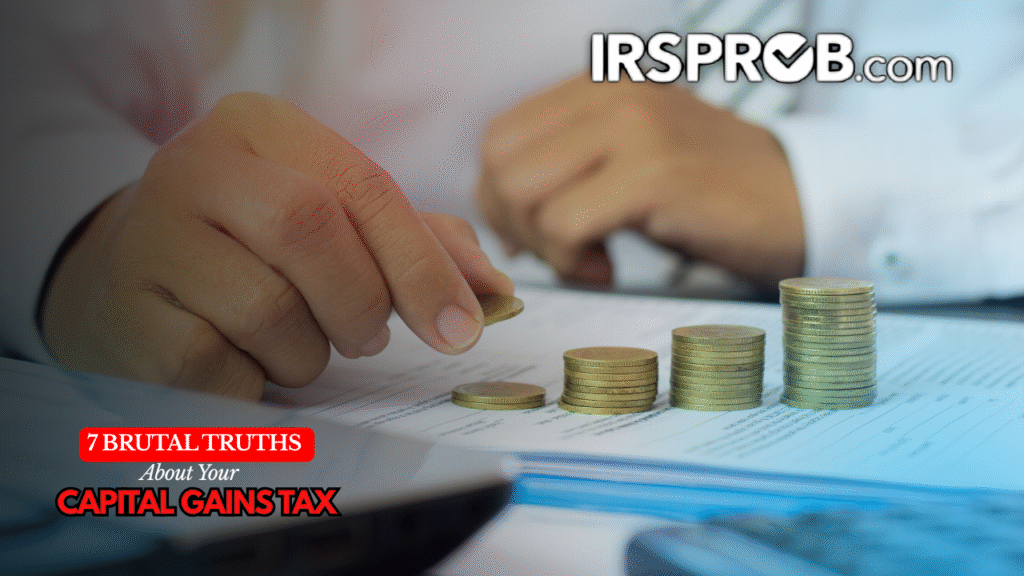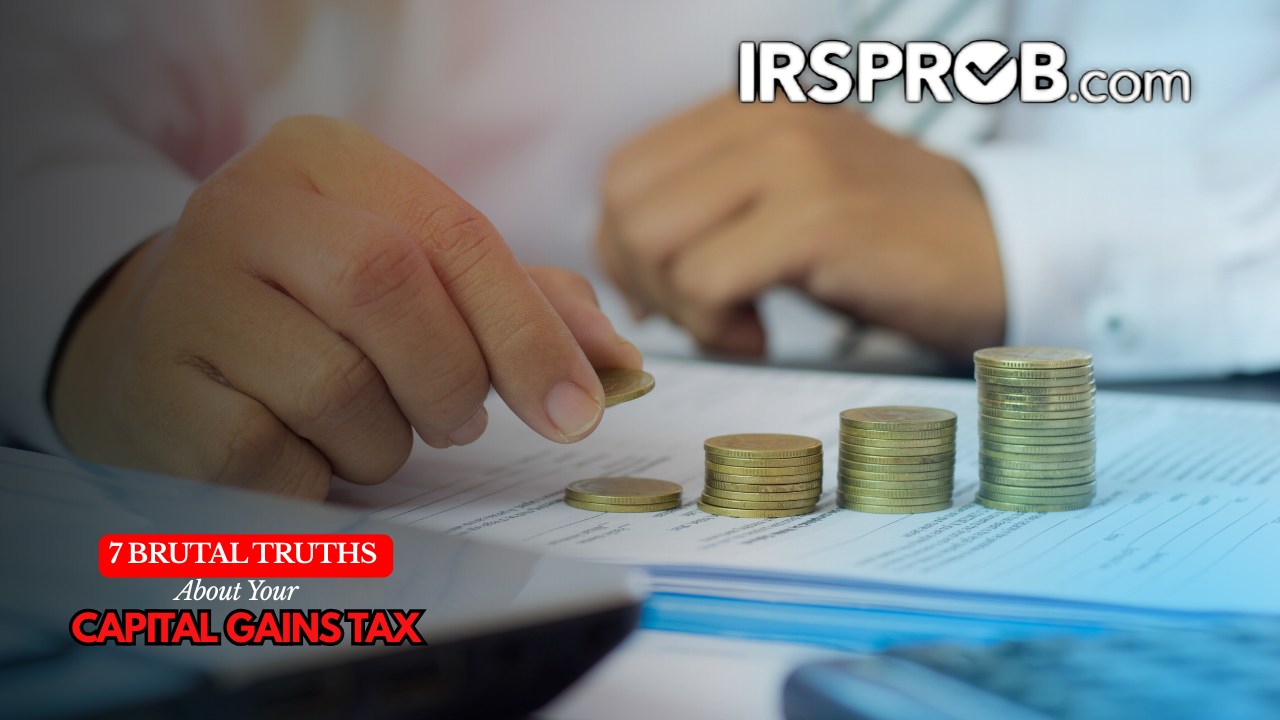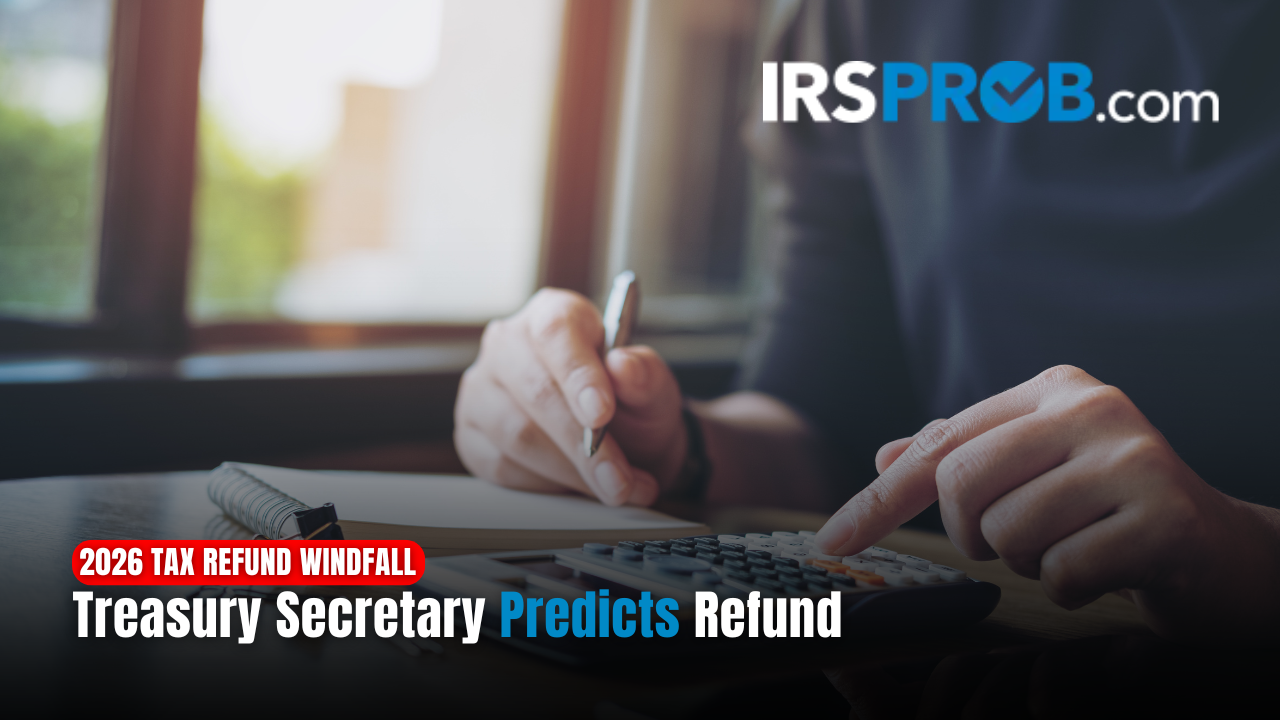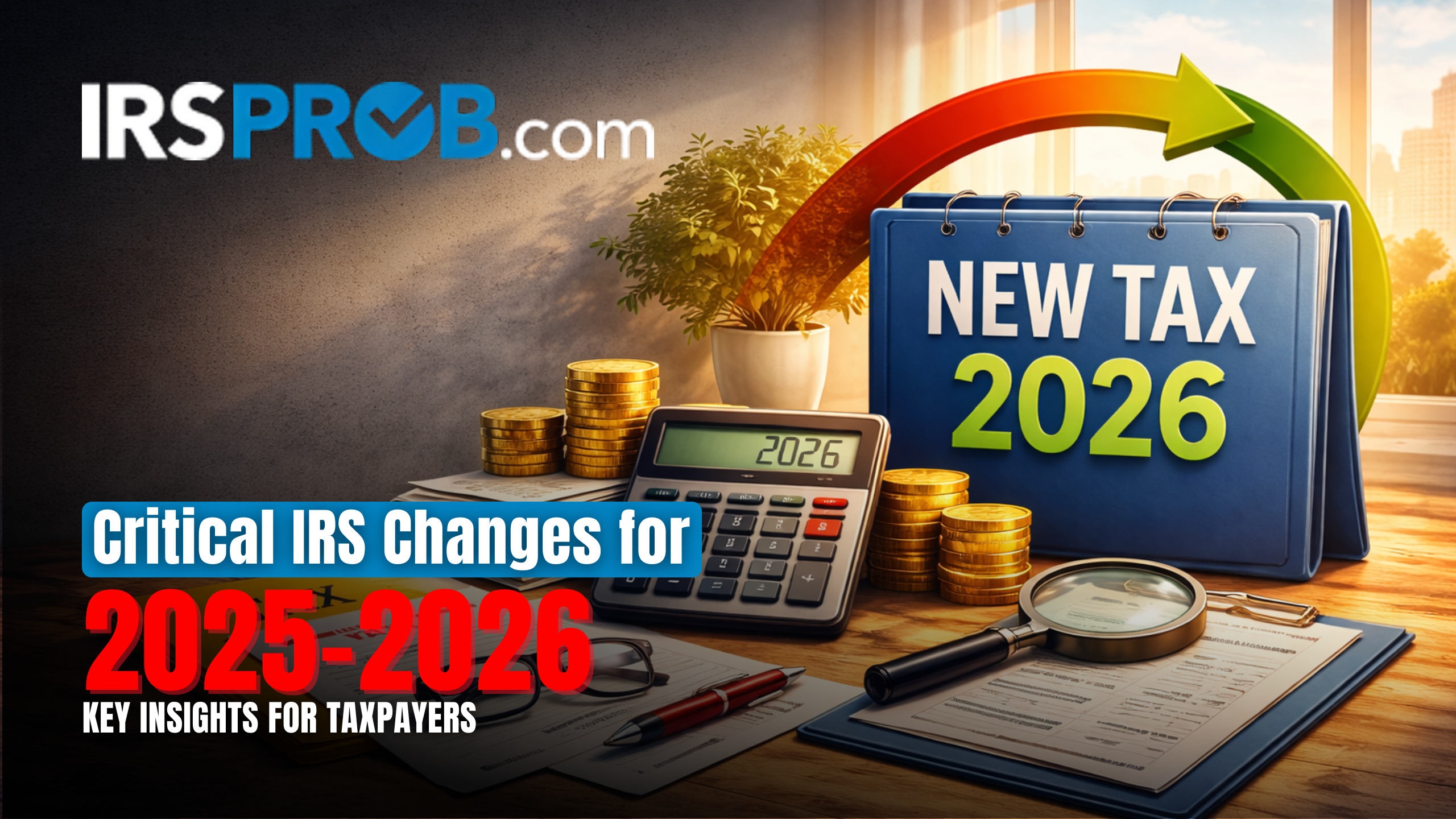
We’ve seen it happen more times than we can count. A person makes a really smart investment. Maybe it’s a hot stock, a new company, or even a house they’ve been renting out for a while. The value goes way up. They sell, and they’re excited, celebrating all that profit. Then their accountant calls with the tax bill, and that’s when reality hits. All that profit… gone.
Most people don’t get capital gains tax. And we are not gonna lie, it’s kinda on purpose. The rules are made to be confusing. But they don’t have to be. Once you know the score, you can play the game better than they do. So let’s get into the stuff they don’t want you to know, the stuff that will save you a ton of cash.
What in the World Is a Capital Gain, Anyway?
Okay, let’s start with the basics. What’s a capital gain? Simply put, it’s the profit you make when you sell a capital asset. A capital asset is pretty much anything you own for personal use or investment. Stocks, bonds, a rental property, a piece of land, even a rare collectible. The key thing is that it’s not part of your regular business inventory.
Here’s the most important part of this whole thing: you only pay tax on it when you actually sell it. It’s called “realizing” the gain. Your stock could be worth a fortune on paper, but until you hit that sell button, you don’t owe a single penny. This is a huge advantage. This is why some smart people just get a loan using their asset as collateral, so they get cash without selling and without triggering a taxable event. Pretty clever, huh?
The One Rule That Matters More Than Anything
Seriously. If you remember nothing else, remember this. The tax rate on your capital gains is all about one thing: time.
The 1-Year Breakpoint: Short-Term vs. Long-Term
If you sell an asset in one year or less, your profit is a short-term capital gain. And these gains get hit hard. They’re taxed at your normal income tax rate. That can be as high as 37%. Just a big ol’ chunk of your money gone.
If you hold it for more than one year, your profit is a long-term capital gain. This is where you wanna be. Long-term gains are taxed at way lower rates: 0%, 15%, or 20%. It’s insane how much of a difference that one-year mark can make.
For the 2026 tax year, the long-term capital gains rates are still a sweet deal. In fact, if your taxable income is below a certain threshold—for a married couple filing jointly, that’s $98,900—you could pay 0% capital gains tax. No, that’s not a typo. Zero.
Tricks to Pay Less Capital Gains Tax
Now that we’ve got the basics down, let’s talk strategy.Get Your Basis Right
This is key. Your taxable gain is the selling price minus your “basis.” Your basis is what you paid for the asset, but you can also add other stuff to it. You wanna make your basis as big as possible, because a bigger basis means a smaller profit and less tax. What can you add?- Commissions and fees you paid to buy or sell.
- The cost of any major improvements. Did you add a new room to a rental property? That can be added to your basis. Just keep those receipts!
Losses Can Actually Help
Common Mistakes to Avoid
The last thing you want is an audit. Or to just mess up your taxes. Here are some quick things to watch out for.
- Missing a Form 1099-B. Your broker will send you this form with all your trades. Don’t file your taxes until you get it. This is a common audit trigger for the IRS.
- Poor recordkeeping. The number one reason people get into trouble is not having the right documents. Keep everything—from purchase contracts to receipts for improvements.
- Forgetting state tax. The federal tax is just one part of the story. Many states also have their own capital gains tax, and the rules can be different.
In short;
Capital gain is profit from selling an asset. Taxed only when sold.
Hold for more than a year for lower tax rates. This is the biggest deal.
Use a high basis and capital losses to lower your taxable gain.
Keep good records to avoid an audit.
Common Questions about Capital Gains
A Final Note from IRSProb.com
Resolving a tax liability is more than a financial transaction; it is a step toward regaining peace of mind. At IRSPROB.com, we understand the complexities and stresses that tax issues can impose. Our team of experienced tax professionals—including CPAs, Enrolled Agents, and attorneys—is dedicated to providing comprehensive, tailored solutions.







